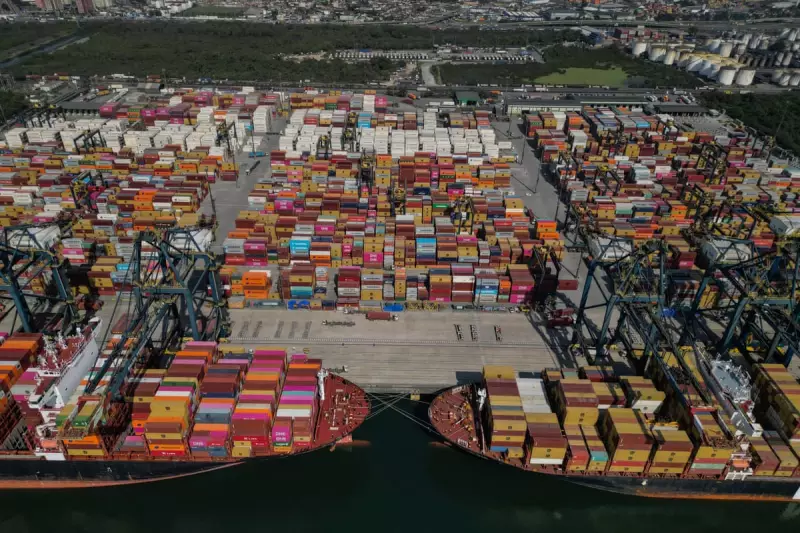
In a move that has sent shockwaves through international markets, former US President Donald Trump has declared his intention to impose a blanket 20% tariff on all imports if he returns to power. This aggressive trade policy, announced during his campaign, threatens to ignite a full-scale global trade war with profound consequences for the world economy.
The Tariff Blueprint: A Radical Shift in Trade Policy
The proposed tariffs represent the most comprehensive protectionist measure in modern American history. Unlike previous targeted tariffs on specific goods or trading partners, Trump's new approach would establish a universal 20% levy on everything entering the United States. This policy marks a significant escalation from his first-term trade wars and demonstrates a hardened approach to international commerce.
Economic analysts are sounding alarms about the potential repercussions. "This isn't just a trade policy—it's an economic earthquake waiting to happen," warned Dr. Eleanor Vance, Professor of International Economics at the London School of Economics. "The ripple effects would be felt in every major economy, particularly those with strong export relationships with the US."
Global Implications and the UK's Precarious Position
For the United Kingdom, which maintains a substantial trading relationship with the United States, the proposed tariffs could not come at a worse time. British exporters, already navigating post-Brexit trade complexities, now face the prospect of significantly reduced competitiveness in the crucial American market.
The potential impact spans multiple sectors:
- Automotive industry: British car manufacturers exporting premium vehicles
- Financial services: London-based firms serving American clients
- Consumer goods: Luxury brands and specialty products
- Technology: UK tech firms with transatlantic operations
Economic Fallout: Inflation and Consumer Impact
The most immediate domestic consequence would likely be a sharp increase in consumer prices. American households would face higher costs on everything from electronics and clothing to food and automobiles. Economists project that the tariffs could add thousands of dollars to annual household expenses while potentially triggering inflation spikes.
"This isn't a tax on other countries—it's a tax on American consumers and businesses," noted Michael Roberts, Chief Economist at the transatlantic think tank Global Policy Forum. "The economic modeling suggests these costs would be overwhelmingly borne by US households and import-reliant industries."
Political Reactions and International Response
The announcement has drawn swift condemnation from trading partners and international organizations. European Union officials have already indicated they would prepare retaliatory measures, while Asian economies with export-driven models are assessing their vulnerability.
Within the US, the proposal has created deep divisions. Supporters argue it will protect American jobs and manufacturing, while opponents describe it as economically destructive and diplomatically dangerous.
As the world watches Trump's campaign trajectory, businesses and governments are preparing contingency plans for what could become the most significant disruption to global trade in decades. The spectre of a full-blown trade war now looms large over the international economic landscape.





